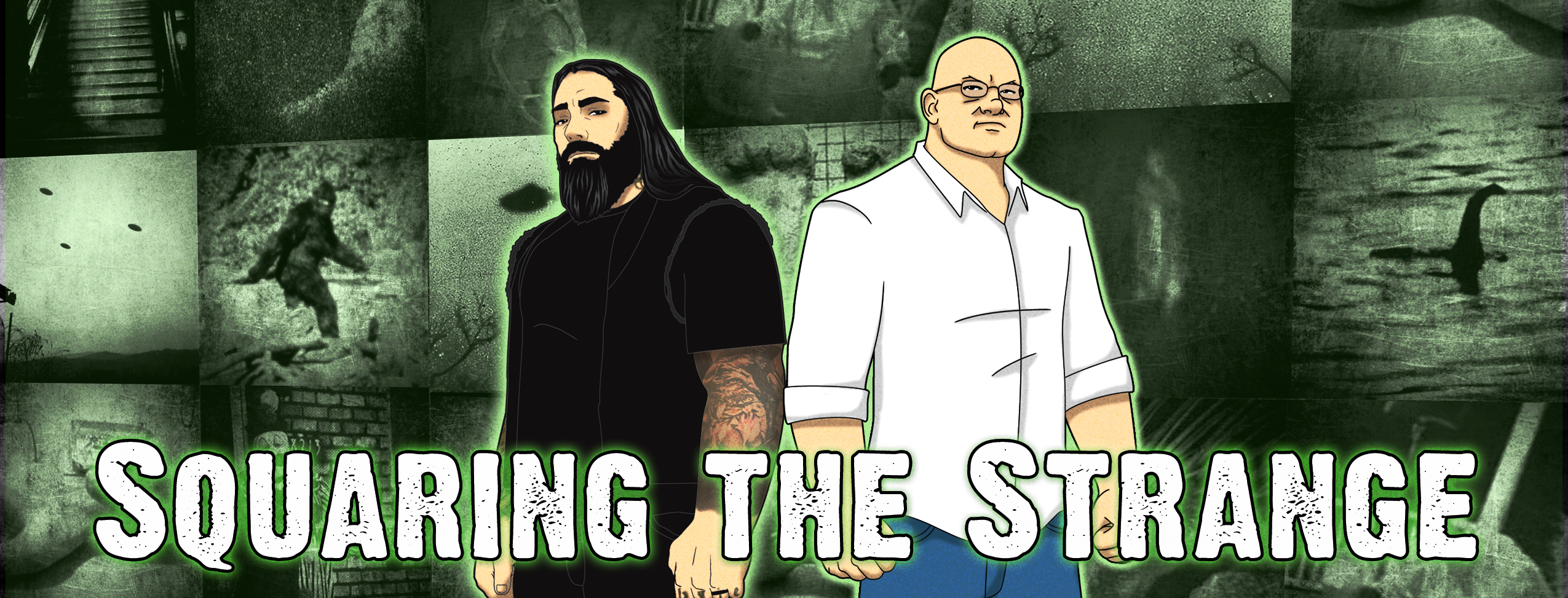In the latest in a series highlighting past episodes and archives of Squaring the Strange, here’s a look back at a show you might have missed:
Ben shares a minor mystery that dropped into his lap, in the form of a photograph tucked into a used book on demonic possession. Then Ben, Pascual, and Celestia discuss logical fallacies: what they are, how they are used, and how they can help us improve our own reasoning. Skeptics hold logical fallacies near and dear, as they represent common errors that have been identified and catalogued over the eons—a blueprint for ways our thinking can go wrong. Pascual goes over the straw man fallacy, as evidenced by the “war on Christmas,” and Celestia talks about how the tu quoquefallacy has recently been popularized as “whataboutism” by John Oliver. Ben explains the non sequiturand the concept of warrants—which is the (usually implicit) part of an argument that links the evidence to the claim. Then after a quick romp through Morton’s fork and personal incredulity, we examine a recent article by Maaarten Boudry that questions the persuasive utility of fallacies. Fallacies are not a mic-drop, and identifying a fallacy does not confer an automatic argument victory (i.e. the fallacy fallacy). We as skeptics often rely on things that are technically fallacies, and conspiracy theorists can weaponize fallacies for their brand of “logic” as well. But abandoning logical fallacies altogether is throwing out the baby with the bathwater; a tempered approach, where we identify the fallacy and also put it into understandable terms, might be best.

You can hear the show HERE!
0 Comments